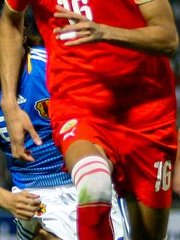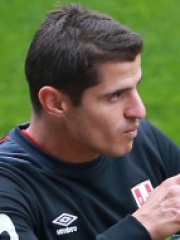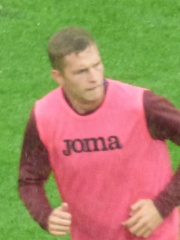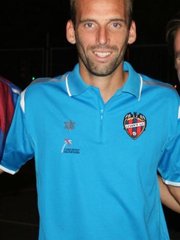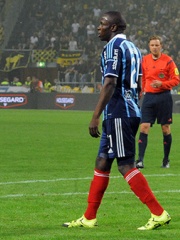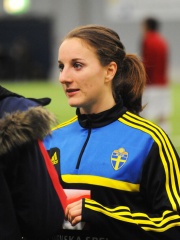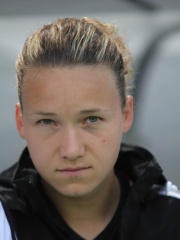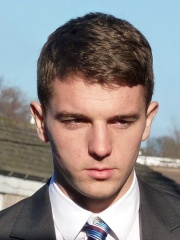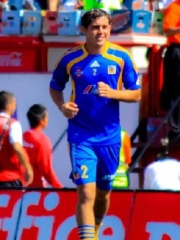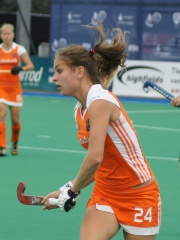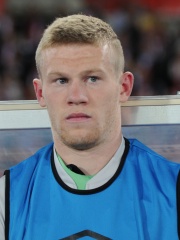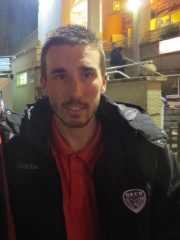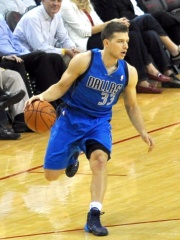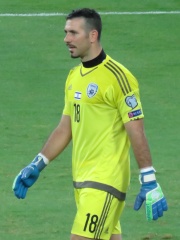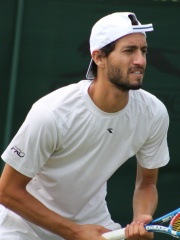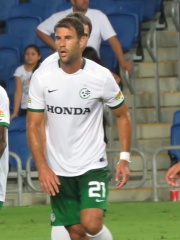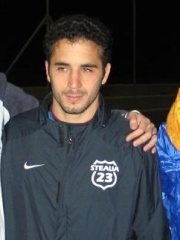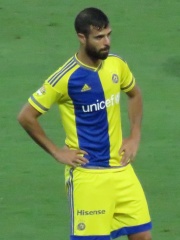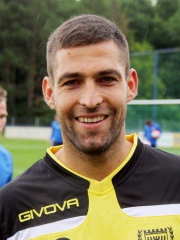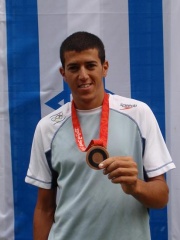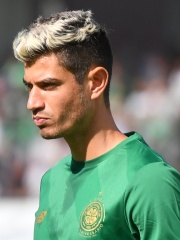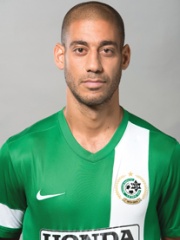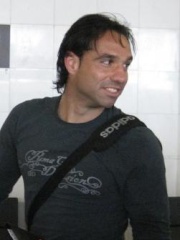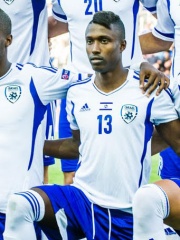Jogador de futebol
Omer Damari
1989 - presente
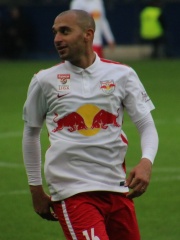
 Omer Damari
Omer Damari
Sua biografia está disponível em 18 idiomas na Wikipédia. Omer Damari é o 17423º jogador de futebol mais popular (caiu do 14325º em 2024), a 492ª biografia mais popular de Israel (caiu do 448ª em 2019) e o 45º jogador de futebol mais popular de Israel.
Memorability Metrics
Page views of Omer Damari by language
Among Jogador de futebols
Among jogador de futebols, Omer Damari ranks 17,423 out of 21,273. Before him are Sayed Mohamed Adnan, Aldo Corzo, Ederson Trinidad Lopes, Shingo Honda, David Zima, and Mathieu Berson. After him are Ryosuke Nemoto, Nyasha Mushekwi, Antonia Göransson, Arne Maier, Sergio Arribas, and Jon Ander Serantes.
Most Popular Jogador De Futebols in Wikipedia
Go to all RankingsSayed Mohamed Adnan
1983 - Present
HPI: 37.27
Rank: 17,436
Aldo Corzo
1989 - Present
HPI: 37.26
Rank: 17,437
Ederson Trinidad Lopes
1984 - Present
HPI: 37.26
Rank: 17,438
Shingo Honda
1987 - Present
HPI: 37.26
Rank: 17,439
David Zima
2000 - Present
HPI: 37.26
Rank: 17,440
Mathieu Berson
1980 - Present
HPI: 37.26
Rank: 17,441
Omer Damari
1989 - Present
HPI: 37.26
Rank: 17,442
Ryosuke Nemoto
1980 - Present
HPI: 37.26
Rank: 17,443
Nyasha Mushekwi
1987 - Present
HPI: 37.26
Rank: 17,444
Antonia Göransson
1990 - Present
HPI: 37.26
Rank: 17,445
Arne Maier
1999 - Present
HPI: 37.25
Rank: 17,446
Sergio Arribas
2001 - Present
HPI: 37.25
Rank: 17,447
Jon Ander Serantes
1989 - Present
HPI: 37.25
Rank: 17,448
Contemporaries
Among people born in 1989, Omer Damari ranks 1,163. Before him are Brandon Jennings, Josephine Henning, Jay Rodriguez, Israel Jiménez, Eva de Goede, and Aldo Corzo. After him are Iga Wyrwał, Anna Ryzhykova, Jon Ander Serantes, James McClean, Romain Amalfitano, and Renee Olstead.
Others Born in 1989
Go to all RankingsBrandon Jennings
BASKETBALL PLAYER
1989 - Present
HPI: 37.28
Rank: 1,157
Josephine Henning
SOCCER PLAYER
1989 - Present
HPI: 37.27
Rank: 1,158
Jay Rodriguez
SOCCER PLAYER
1989 - Present
HPI: 37.27
Rank: 1,159
Israel Jiménez
SOCCER PLAYER
1989 - Present
HPI: 37.27
Rank: 1,160
Eva de Goede
ATHLETE
1989 - Present
HPI: 37.27
Rank: 1,161
Aldo Corzo
SOCCER PLAYER
1989 - Present
HPI: 37.26
Rank: 1,162
Omer Damari
SOCCER PLAYER
1989 - Present
HPI: 37.26
Rank: 1,163
Iga Wyrwał
MODEL
1989 - Present
HPI: 37.26
Rank: 1,164
Anna Ryzhykova
ATHLETE
1989 - Present
HPI: 37.26
Rank: 1,165
Jon Ander Serantes
SOCCER PLAYER
1989 - Present
HPI: 37.25
Rank: 1,166
James McClean
SOCCER PLAYER
1989 - Present
HPI: 37.25
Rank: 1,167
Romain Amalfitano
SOCCER PLAYER
1989 - Present
HPI: 37.16
Rank: 1,168
Renee Olstead
ACTOR
1989 - Present
HPI: 37.15
Rank: 1,169
In Israel
Among people born in Israel, Omer Damari ranks 492 out of NaN. Before him are Gal Mekel (1988), Ofir Marciano (1989), Amir Weintraub (1986), Dekel Keinan (1984), Klemi Saban (1980), and Eden Ben Basat (1986). After him are Itay Shechter (1987), Omer Golan (1982), Shahar Tzuberi (1986), Elyanna (2002), Eliran Atar (1987), and Nir Bitton (1991).
Others born in Israel
Go to all RankingsGal Mekel
BASKETBALL PLAYER
1988 - Present
HPI: 37.95
Rank: 486
Ofir Marciano
SOCCER PLAYER
1989 - Present
HPI: 37.85
Rank: 487
Amir Weintraub
TENNIS PLAYER
1986 - Present
HPI: 37.48
Rank: 488
Dekel Keinan
SOCCER PLAYER
1984 - Present
HPI: 37.48
Rank: 489
Klemi Saban
SOCCER PLAYER
1980 - Present
HPI: 37.47
Rank: 490
Eden Ben Basat
SOCCER PLAYER
1986 - Present
HPI: 37.28
Rank: 491
Omer Damari
SOCCER PLAYER
1989 - Present
HPI: 37.26
Rank: 492
Itay Shechter
SOCCER PLAYER
1987 - Present
HPI: 37.18
Rank: 493
Omer Golan
SOCCER PLAYER
1982 - Present
HPI: 37.17
Rank: 494
Shahar Tzuberi
ATHLETE
1986 - Present
HPI: 36.96
Rank: 495
Elyanna
SINGER
2002 - Present
HPI: 36.79
Rank: 496
Eliran Atar
SOCCER PLAYER
1987 - Present
HPI: 36.71
Rank: 497
Nir Bitton
SOCCER PLAYER
1991 - Present
HPI: 36.52
Rank: 498
Among Jogador de futebols In Israel
Among jogador de futebols born in Israel, Omer Damari ranks 45. Before him are Yaniv Katan (1981), Nir Davidovich (1976), Ofir Marciano (1989), Dekel Keinan (1984), Klemi Saban (1980), and Eden Ben Basat (1986). After him are Itay Shechter (1987), Omer Golan (1982), Eliran Atar (1987), Nir Bitton (1991), Almog Cohen (1988), and Taleb Tawatha (1992).
Yaniv Katan
1981 - Present
HPI: 38.81
Rank: 39
Nir Davidovich
1976 - Present
HPI: 38.73
Rank: 40
Ofir Marciano
1989 - Present
HPI: 37.85
Rank: 41
Dekel Keinan
1984 - Present
HPI: 37.48
Rank: 42
Klemi Saban
1980 - Present
HPI: 37.47
Rank: 43
Eden Ben Basat
1986 - Present
HPI: 37.28
Rank: 44
Omer Damari
1989 - Present
HPI: 37.26
Rank: 45
Itay Shechter
1987 - Present
HPI: 37.18
Rank: 46
Omer Golan
1982 - Present
HPI: 37.17
Rank: 47
Eliran Atar
1987 - Present
HPI: 36.71
Rank: 48
Nir Bitton
1991 - Present
HPI: 36.52
Rank: 49
Almog Cohen
1988 - Present
HPI: 35.60
Rank: 50
Taleb Tawatha
1992 - Present
HPI: 35.31
Rank: 51
